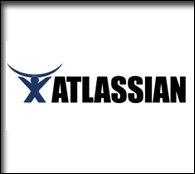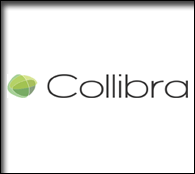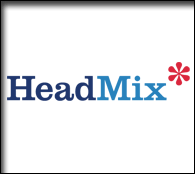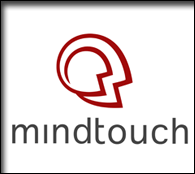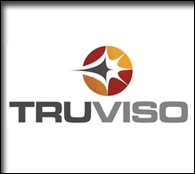The metaphors we’ve outgrown
by Eric Norlin on Sep.03, 2008, under conference topics, defrag "theory"
Not that anyone noticed, but Google launched a “browser” (Chrome) yesterday. ![]()
It spurred me on to a bunch of thoughts (this post), which is odd only because I haven’t downloaded it yet (I’m on a Mac not running Windows), so I’m a bit like a blind man describing a sunset. However, since when has that stopped me?!
The reason that I think Chrome represents something significant is that I think Chrome is really about changing metaphors around the web. Chrome is wrongly being billed as a browser — i.e., something built for “web pages” — and not properly being seen (by a lot) as a platform for application delivery via the web. Let me explain.
The web lives under two central metaphors right now: web “pages” and web “sites.” Blogs and RSS feeds (and Twitter, etc) have begun to change that, but there’s still a fundamental residue around “pages” and “sites.” Those metaphors matter. They matter to what we build, and more importantly, the implicit limits they set on how we can interact. I “browse” a page; its a fundamentally isloated act of solitude (i.e., I don’t “browse” with a group of people, I do it alone). I “go” to a “site.” What do I do when I get there? Well, apparently, I “browse.”
We have, of course, moved WAY past all of this on the alpha edges of what we’re doing on the web (heck, even the mainstream edges). Uploading photos is neither a place-based nor browsing experience — its about sharing (an interaction, not a thing or location).
This is what I mean when I say the metaphors aren’t sufficient to encompass what we really mean when we say “online collaboration.” There’s a cognitive disconnect around wikis because they’re collaborative vehicles (like say, whiteboards) encased in metaphors of solitude (browsing) and visiting. And somehow “everyday people” (non-geeks) don’t intuitively understand what “edit this page” means — after all, if that’s someone’s “page,” its kinda rude for me to write on it, right?
Similarly, email is a broken metaphor (for most of us anyway). Email is, without question, the most successful application ever developed - but the metaphor of write a letter, sign a letter, send a letter, get a reply, reply to the letter, etc - is NOT how most of us actually want to interact with the tool we call email. We want email for asynchronous conversation and messaging. Its the reason that Twitter direct messages have quickly become something that is responded to more quickly than email — its moving to a new metaphor that is more appropriate to what we’re actually wanting to experience.
All of this - the metaphors we’ve collectively outgrown - is why something like Chrome is important. Chrome’s an attempt to get beyond a browser that looks at pages and visits sites, and move toward a platform that is built from the ground up for application delivery (and interaction). Will they get it right? I have no idea. But the attempt is important because it points to the fact that we’re moving past of the stage of simply knowing (intuitively) that the metaphors are broken, and into a stage where we can begin to imagine what the new metahpors of interaction of the web will look like.
People ask me all of the time what makes Defrag different? I kind of giggle and tell them that I’m proud that we’re not a conference loaded with case studies. Don’t get me wrong, that has a very useful place (in a nearly mature market). We’re just nowhere near that place. Defrag is about gathering to explore, imagine and build these new metaphors. The web should be getting smarter, more implicit, more enabling.
Let the rest of the world get mired down in economic uncertainty, productivity enhancement and cost reduction. There’s plenty of time for you to do that (trust me). Come to defrag and help us grow out of these metaphors. And then watch as the supposedly “pie in the sky” things you find at Defrag are suddenly “real world” things that you’re using and implementing everyday. Kinda cool, huh?
